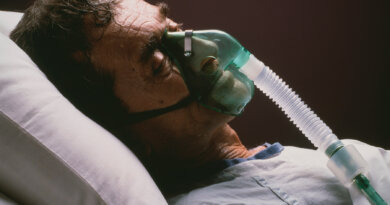Coffee Could Perk Up Your Liver
Seventy-eight percent drank ground or instant caffeinated or decaffeinated coffee, and 22% didn’t drink any coffee.
Over the study period, 3,600 people developed chronic liver disease and 301 died.
More than 5,400 participants developed chronic liver disease or a build-up of fat in the liver known as fatty liver disease, and more than 180 developed liver cancer.
Compared with non-coffee drinkers, those who drank coffee had a 21% lower risk of chronic liver disease and a 20% lower risk of chronic or fatty liver disease. Their risk of dying from chronic liver disease fell 49%, researchers found.
The biggest benefit was seen among devotees of ground coffee, which has high levels of kahweol and cafestol, natural chemical compounds from coffee beans. Both have been shown to protect against chronic liver disease in animals. However, instant coffee, which has low levels of kahweol and cafestol, also reduced the risk of chronic liver disease, researchers said, implying that there may be a complex relationship between various ingredients in coffee.
Dr. David Bernstein, director of the Sandra Atlas Bass Center for Liver Diseases at Northwell Health in Manhasset, N.Y., said several studies have found coffee is good for the liver.
“But this is the first study to show that the effect was seen in both caffeinated and decaffeinated coffee drinkers and that ground coffee provided a greater benefit than instant coffee,” he said.
The British authors noted that coffee is readily available and that these findings suggest it may be a potential preventive treatment for chronic liver disease.
“I agree,” Bernstein said. “While this study does have some limitations, its findings are important, and while further study of coffee as a hepatoprotective agent is needed, perhaps it is time for physicians to consider recommending its use to patients at risk for chronic liver diseases.”
The findings were published online June 21 in the journal BMC Public Health.
More information
For more on coffee and health, see what Harvard University offers.
SOURCES: Paul Roderick, MBBS, MD, professor, public health, University of Southampton, U.K.; David Bernstein, MD, chief, hepatology, and director, Sandra Atlas Bass Center for Liver Diseases, Northwell Health, Manhasset, N.Y.; BMC Public Health, June 21, 2021, online




